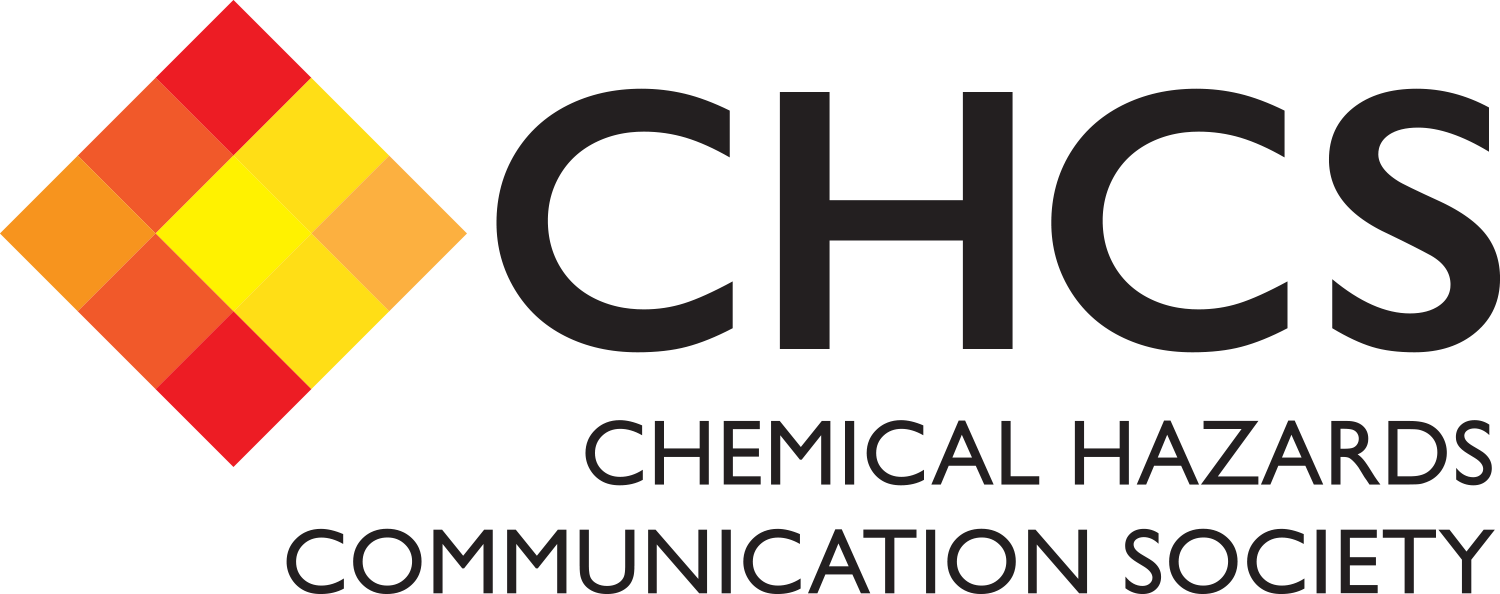
CHCS Training
Download The Flier
Module 8, Classification For Transport (8.206)
Using ADR, this module provides an introduction to the classification and identification of dangerous goods for transport. This is the vital first step necessary to transport dangerous goods safely, providing the means to interrogate the regulations to determine for example: suitable packaging; operational requirements and; labelling and documentation as covered in Module 10.
Many consignors immerse themselves in the requirements of the supply (CLP) regulations and the classification rules enshrined. They often struggle to understand that there is a separate classification regime for transport, and to understand how transport and CLP rules may or may not be linked. Now that the CLP Regulations are in use, transport and supply are getting closer, but how close? .

Who Should Attend?
This module is aimed at those taking on responsibilities for the classification of dangerous goods for transport, in particular those who have responsibility for Section 14 of the Safety Data Sheet. It will show participants how to find the classification rules in the various modal regulations, concentrating on the rules for road and sea whilst giving some understanding of the differences for air.

Benefits Of Attending
Attendance on this series of modules will ensure that your SDSs meet the increasing expectations of both your customers and the regulators. To ensure the most effective training with optimum involvement in participative exercises, there will be a limit of 14 on the number of students.
IOSH members are entitled to include this module in their continuing professional development (CPD) records.

What You Will Learn
This module aims to provide function specific training for those taking on responsibilities for the classification of dangerous goods for transport. The presentation is interspersed with frequent exercises using ADR, to enable participants to gain confidence and ensure a good understanding of the subject. It provides the knowledge necessary to complete the classification and identification information required in Section 14 of the safety data sheet:
-
- an overview of the regulations concerning the classification of dangerous goods for transport
- in-depth review of Classes 2, 3, 4, 5, 6.1, 8 and environmentally hazardous substances (marine pollutants) of Class 9:
-
- step by step review of the principles for classifying dangerous goods into each of these classes and their divisions
- the allocation of dangerous goods to packing groups
- variations in classification between the regulations for different modes of transport
- comparison with CHIP and CLP classifications
-
- high consequence dangerous goods (HCDG)
- primary and subsidiary dangers in transport
- rules of precedence
- identification of dangerous goods:
-
- choosing proper shipping names and UN numbers
-
- future changes to the transport regulations.

EU Brexit
Little change is expected following the exit of the UK from the EU: as the UK is an independent Contracting Party to ADR these regulations will continue to apply to international consignments post-Brexit. The UK has also independently ratified the relevant IMO conventions covered by the IMDG Code which are not currently addressed by the EU.
 Module Tutor
Module Tutor
This module will be presented by Caroline Raine. Caroline is a chemical legislation expert, with experience of interpreting and implementing EU legislation relating to hazardous chemicals. The knowledge Caroline has of legislation is wide ranging, covering both supply and transport legislation. Caroline is the Chairman of the British Association of Dangerous Goods Professionals (BADGP) and has been a DGSA for ten years in the transport of hazardous goods by road and rail. Caroline is also a Council member of the CHCS.

Delegate Feedback
Comments from previous delegates on this training module:
“Very good training materials”
“Excellent knowledge of subject matter”
“Really well organised + helpful. Loved the training exercises. Good application!”
“Friendly, approachable and knowledgeable”
“Very good speaker who answered all the questions and presented everything clearly. Very informative training”

Participants will need to bring a copy of the European Agreement Concerning the International Carriage of Dangerous Goods by Road (ADR) 2019 edition (to be published in the Autumn of 2018). Experience has shown that delegates may find the hard copy easier to use for the exercises than the pdfs.


CHCS is delighted to have an arrangement with the US-based Society for Chemical Hazard Communication (SCHC) whereby SCHC members can attend CHCS events at CHCS member-only rates and vice versa. If you are a member of SCHC and wish to attend this course, please email the CHCS Office at enquiries@chcs.org.uk providing your name and organisation. We will verify your membership of SCHC then email you back, providing you with details of how to register.

Your Attention Is Drawn To These Conditions
Delegates can be substituted at any time, subject to payment of membership fee if applicable. However, once booked, the full fee is payable. As this is a limited space training event refunds can only be made if CHCS is notified in advance, and is able to successfully re-offer the place to another delegate.
CHCS reserves the right to alter or cancel the programme due to circumstances beyond our control. If CHCS cancels, then refunds will be made.



